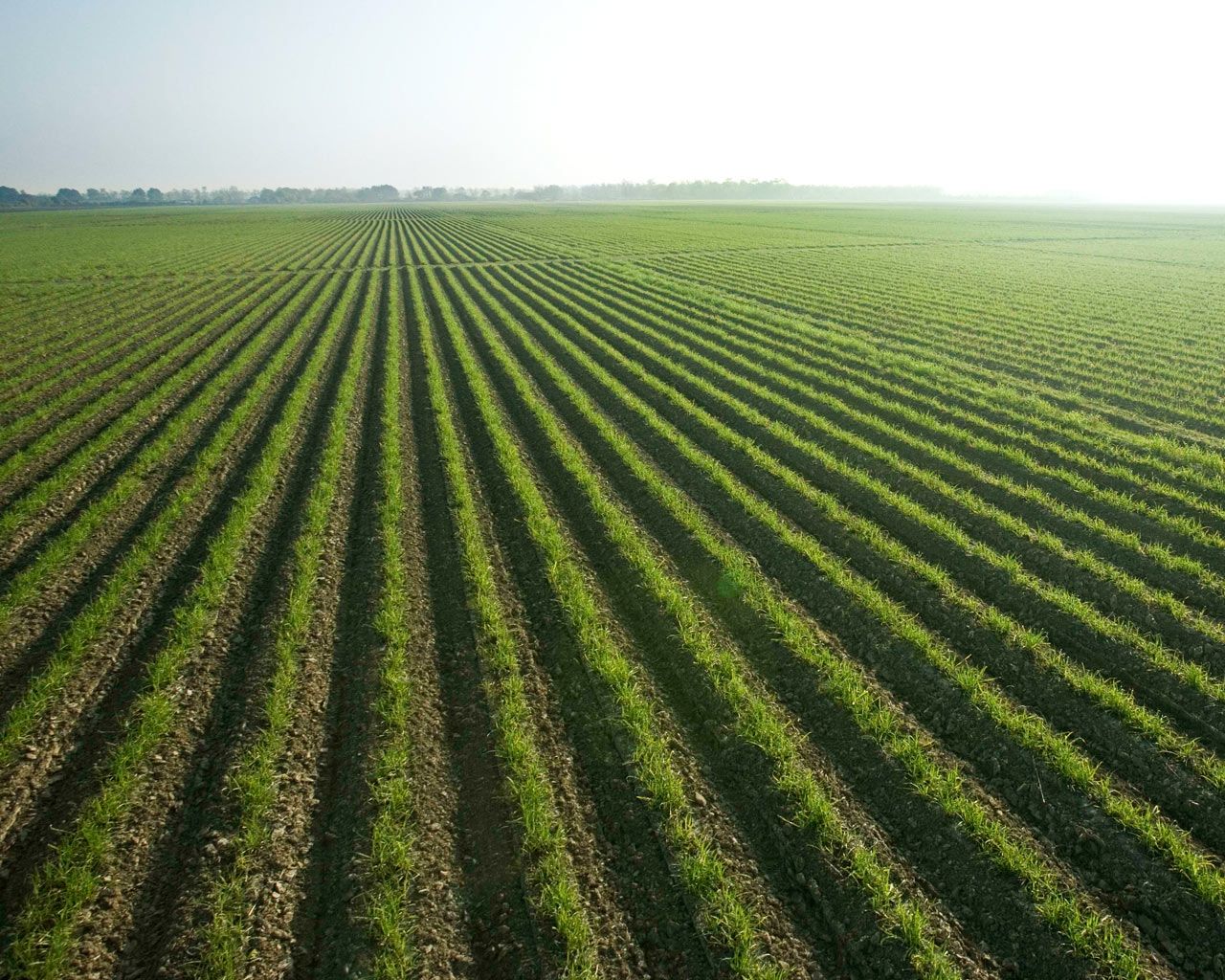
Title: Tips for choosing and buying agricultural land for farming in Israel
Introduction: Agricultural land in Israel offers tremendous opportunities for individuals and companies interested in farming and agricultural businesses. However, the selection and purchase of suitable agricultural land requires careful consideration of various factors. In this article, we will provide important tips that will help you in the process of choosing and buying agricultural land in Israel, which will allow you to start a successful farming journey.
Location and climate: Consider the location and climate of farmland. Different regions have different crops, so research which crops are suitable for the particular climate and soil conditions of the area. Assess factors such as rainfall, temperature, soil fertility, and availability of water sources for irrigation.
Land quality and suitability: Assess the quality and suitability of the land for agricultural activities. Conduct soil tests to determine soil composition, nutrient levels, and drainage capacity. Consider factors such as slope, exposure to sunlight, and the presence of any natural resources or potential restrictions such as rocks or excessive salinity.
Accessibility and Infrastructure: Assess the accessibility of the land, including proximity to major roads, transportation networks and markets. Consider the availability of infrastructure such as electricity, water supply and irrigation systems. Sufficient accessibility and infrastructure are vital for efficient farming and transportation of produce.
Legal Considerations: Make sure farm land has proper legal documentation, including clear ownership, land titles, and farming permits. Consult with a real estate lawyer to clarify the land's legal status, boundaries, and any applicable agricultural regulations or restrictions.
Water Resources: Assess the availability and reliability of water resources for irrigation. Consider proximity to natural water sources such as rivers or lakes and the possibility of drilling wells or modern irrigation systems. Sufficient access to water is critical to successful agricultural production.
Market and Demand: Study the market demand for the crops or agricultural products you intend to grow. Analyze current market trends, consumer preferences, and the potential profitability of your crops. Consider proximity to potential buyers, distribution channels, and export opportunities.
Financial considerations: Make a realistic budget for the purchase of agricultural land and take into account associated costs such as land preparation, infrastructure development, equipment, and ongoing operating costs. Explore financing options tailored to agricultural investments and consult with financial advisors to determine the feasibility of your farming project.
Conclusion: Selecting and purchasing agricultural land for farming in Israel requires careful consideration of location, land quality, accessibility, legal aspects, water resources, market demand, and financial considerations. Thorough research, due diligence and professional advice are critical to making informed decisions. By choosing the right agricultural land, you can lay the foundation for a successful and sustainable farming business in Israel.






